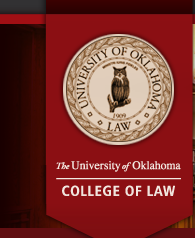Document Type
Article
Publication Date
2020
Publication Title
Standord Law Review Online
Abstract
The course of a pandemic is as much a function of social structures as protein structures. Law is among the most important of these social structures, and it is among those most capable of the kind of rapid adaptation that is needed against an exponentially replicating virus. Thus, there is an urgent need to scrutinize the role of the law in impeding or supporting timely and effective measures to combat the great pandemic caused by severe acute respiratory syndrome coronavirus 2 (SARS-CoV-2) and its associated malady, coronavirus disease 2019, better known as COVID-19. This Essay offers a look back on the initial phase of the COVID-19 catastrophe-a crisis that, at the time of this writing, is still expanding and deepening. We suggest three lessons: First, the free flow of information saves lives, an observation which sounds in constitutional free-speech rights, copyright law, and patent law. Second, politically accountable decisionmaking in the public health sphere has proven inapt in responding to the pandemic; this observation suggests a more prominent role in public health crises for independent administrative agencies and the judiciary. Third, pre-crisis regulations and rulemaking structures for approvals of medical products, and vaccines in particular, have not proven nimble enough in the face of the pandemic; this suggests an opportunity for congressional action to push agencies to move faster. After framing the nature of the COVID-19 problem, we discuss each of the three lessons-about information flows, public health authority, and regulatory agility-in turn. Taken together, these lessons suggest a need for a systematic and critical perspective on the law's role in a pandemic-a context that is distinguished by a compressed timeframe and rapidly changing social needs.
Volume
73
First Page
89
Recommended Citation
Eric E. Johnson & Theodore C. Bailey, Legal Lessons From A Very Fast Problem: Covid-19, 73 Stan. L. Rev. Online 89 (2020).
